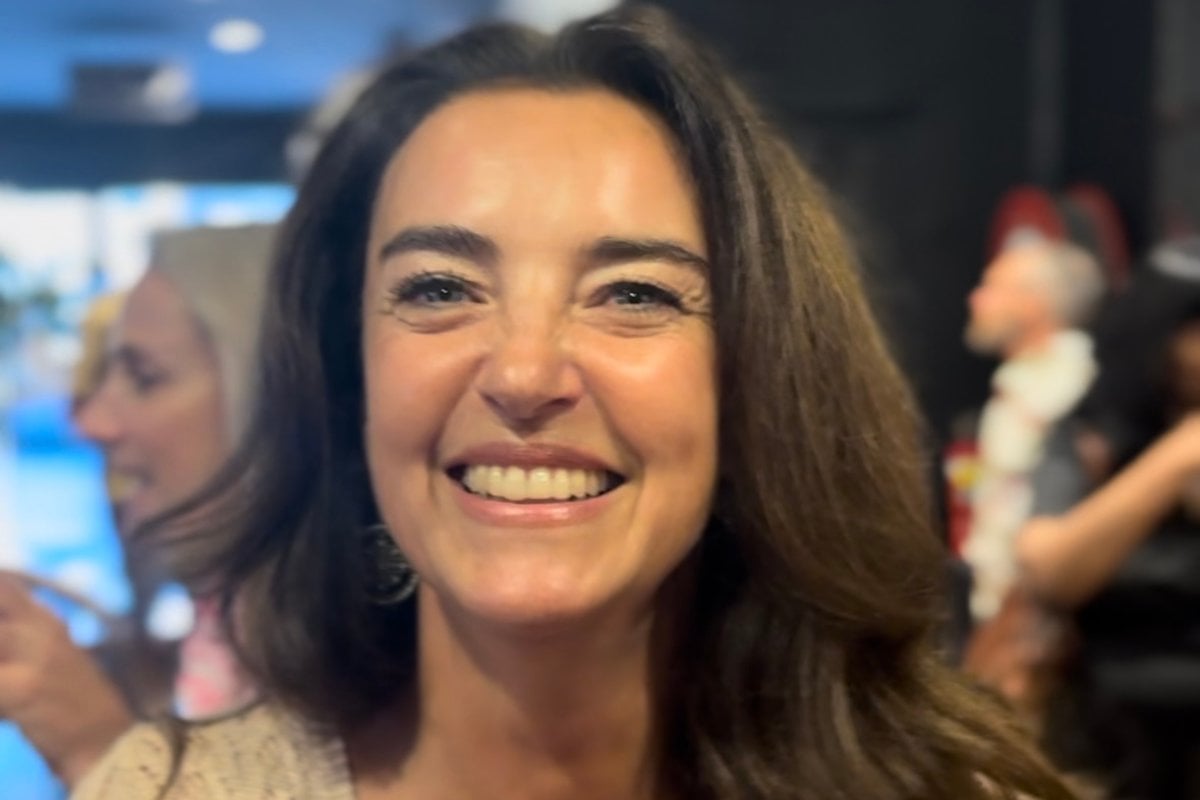
The following is an extract of Lead Like You by Jo Wagstaff.
At 32 I had it all – the high-flying career, the European car, the beautiful home, the successful husband, and the gorgeous baby boy. That was the year it all began to unravel.
My marriage fell apart and my dad died of cancer. I was completely devastated and from that moment on, my life began to spiral out of control. It was hard to tell from the outside, as I was still successful at work, earning a lot of money and using that money to mask what was unfolding within me.
I fell right into many tried-and-tested behavioural patterns to numb my pain and try to find some much-needed comfort. I focused on other people, rather than staying with what was going on for me. There was no better distraction from myself and my feelings than focusing on others. It was a way of trying to feel some kind of control when my emotional life felt so out of control. I also have a long history of being attracted to emotionally unavailable men, so what happened next was not that surprising in retrospect...
One evening, a few months after Dad had died, I was out at a barbecue and met a man we'll call Tim. He was very handsome and charismatic. He had been trying to make it as an actor all his life, so he didn't have a job or any money, but boy, could he make me feel good.
I was newly divorced, feeling incredibly insecure about being an 'over-the-hill' single mother who nobody would want, while also in incredible pain and abandonment over my marriage ending and my dad dying. Tim admired my success, showered me with attention and told me I was beautiful. I was so deeply insecure that his attention was like a drug. I wanted more.

